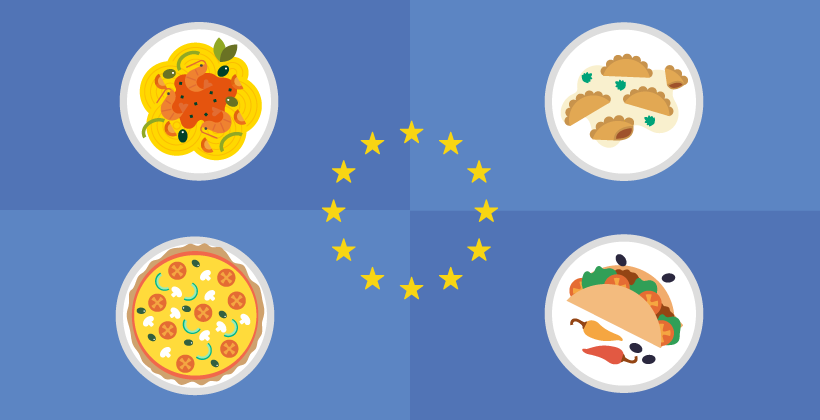Children and adolescents

To develop to our maximum potential, it is vital that children and young people have nutritionally sound diets. Diet and exercise patterns during childhood and adolescence may contribute to the difference between health and risk of disease in later years.
Successful programmes to reduce childhood overweight and obesity
03 May 2018Childhood and adolescence are critical periods to introduce healthy lifestyle habits. This article provides you with successful measures to prevent childhood obesity.
Childhood obesity (Infographic)
24 April 2018Childhood obesity in Europe is increasing, with 1 in 3 11-year-olds classified as having developed either overweight or obesity. This infographic explains the risks of childhood obesity as well as highlighting 10 tips to encourage healthy habits in kids.
10 Healthy Lifestyle Tips for Kids
10 January 2015€10 per pack (10 booklets). For more than 12 packs (120 booklets), €8,5 per pack.
Do you choose a healthy diet? Download the free quiz booklet from our website and see! If you would like to order printed copies you can do so here. Available in 14 languages.
Nutrition Standards for Healthy School Lunches in Europe
09 May 2012Cultural and economic differences influence the type and quality of school lunches throughout Europe. School lunch makes a substantial contribution to children’s total energy and nutritional intake. Therefore, there are efforts amongst governments...
Parental Influence On Children’s Eating Habits
09 May 2012Parents and caregivers can influence young children’s eating habits. Discover strategies that could prevent the risk of obesity later in a child's life.
Nutrition for Children and Adolescents
08 June 2006Different stages of the life cycle dictate different nutritional needs. It is vital that children and adolescents are provided with nutritionally sound diets.





